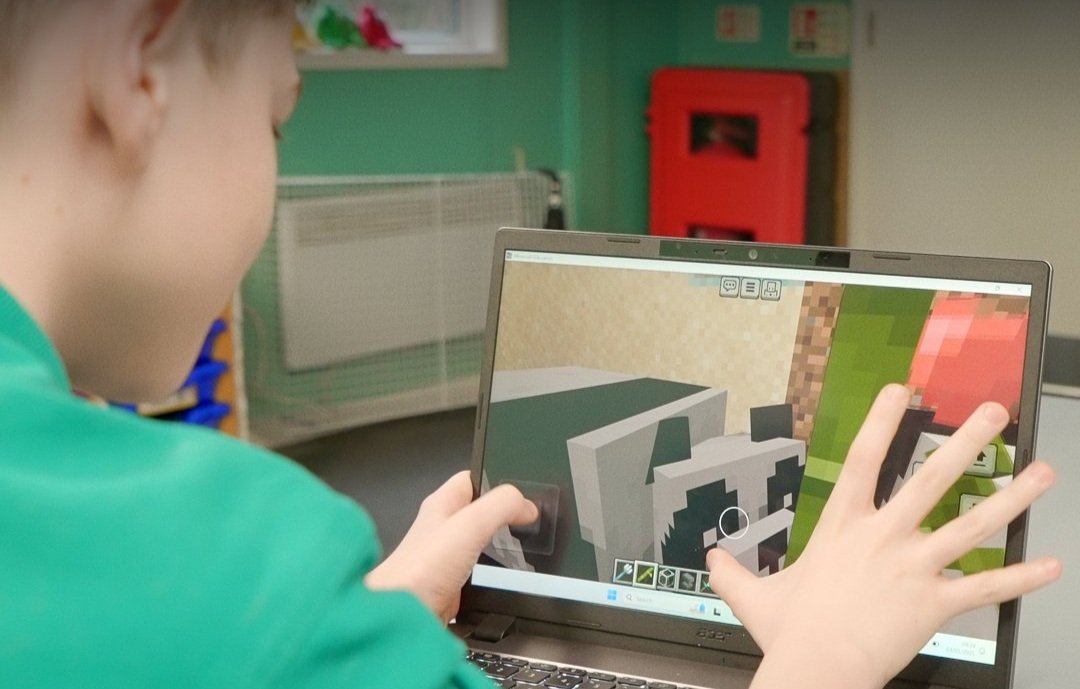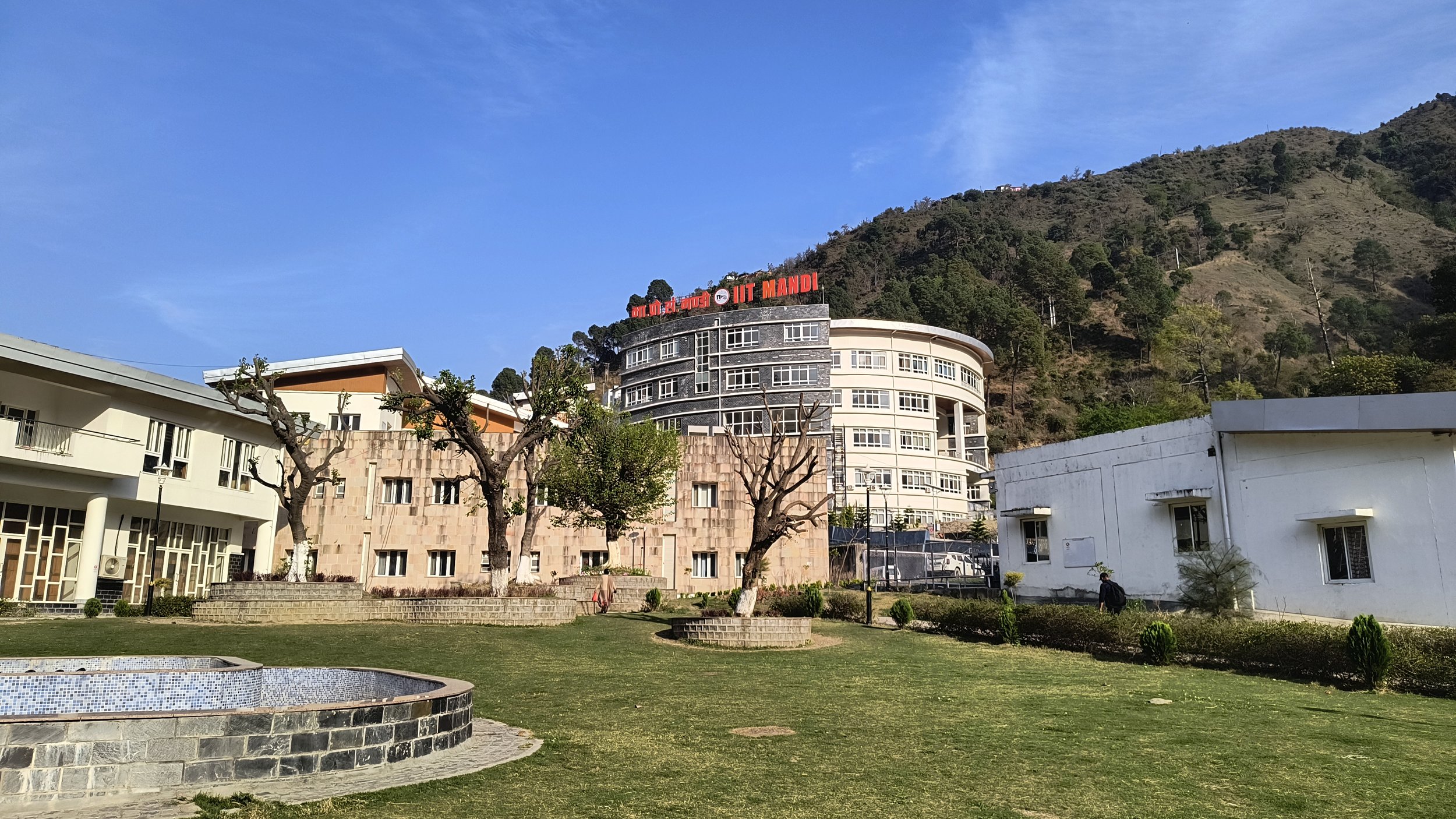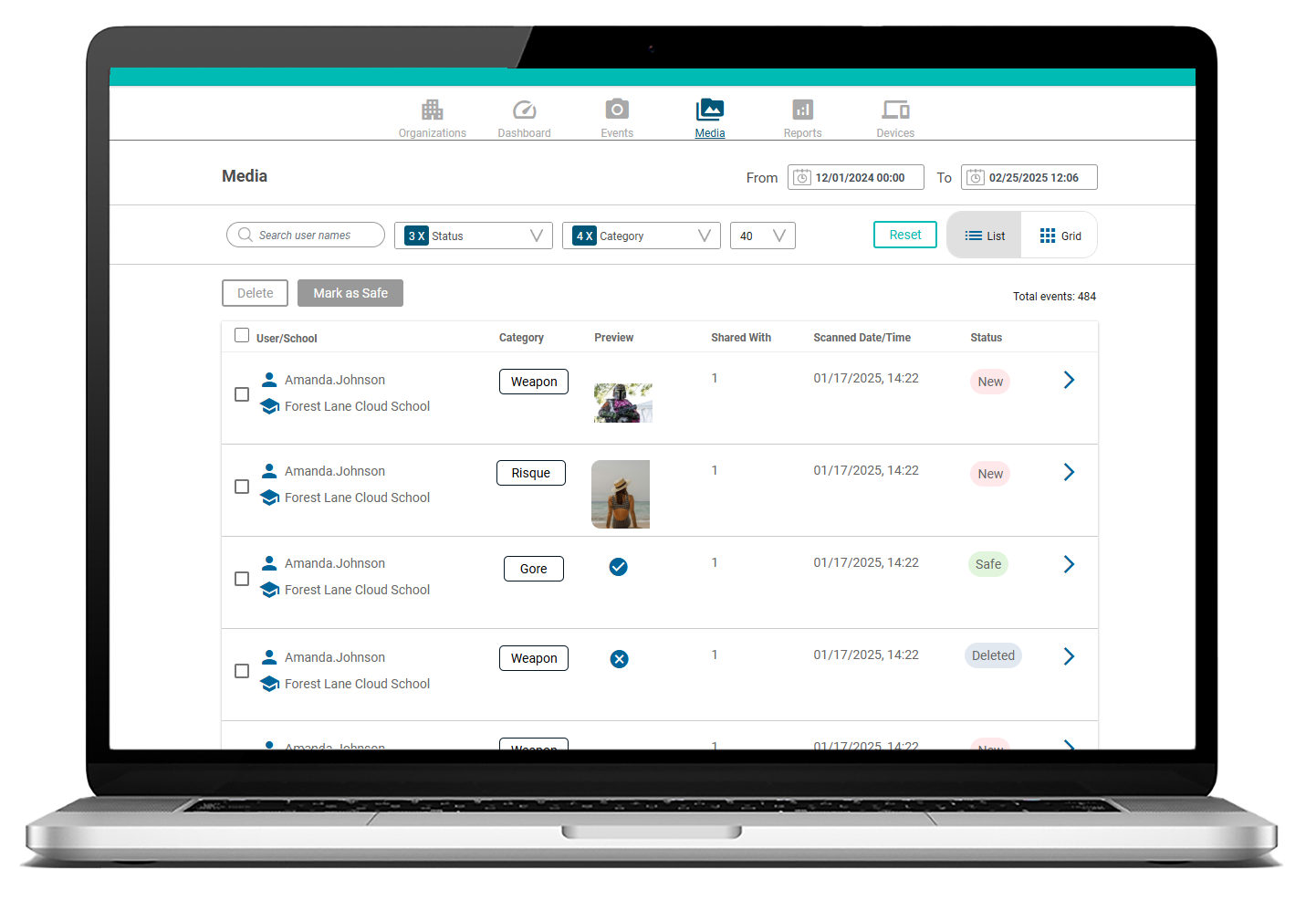FICO expands Educational Analytics Challenge to more HBCUs to promote diversity in Data Science
FICO has announced the expansion of its Educational Analytics Challenge for the 2024-2025 academic year, broadening the programme to include more Historically Black Colleges and Universities (HBCUs).
The initiative aims to provide students with practical experience in data science, with this year’s focus on financial fraud detection.
Now in its second year, the programme has added Morehouse College to its participating schools, alongside Bowie State University and Delaware State University, where it began last year. Additional HBCUs will join in the spring semester 2025 as the challenge moves beyond its pilot phase. FICO's goal is to inspire the next generation of data scientists by offering hands-on learning experiences that equip students with vital skills for a growing field.
This year’s challenge tasks students with developing models capable of detecting financial fraud. Participants will identify anomalies and suspicious banking activities using transactional behaviour analytics and machine learning techniques, contributing to developing real-time fraud detection models. As financial institutions increasingly depend on advanced data science tools to combat fraud, the students’ work mirrors the challenges faced in the industry today.
Dr Scott Zoldi, Chief Analytics Officer at FICO, highlighted the importance of diverse perspectives in the development of responsible AI and data science:
"Diverse viewpoints and voices are necessary to develop any AI that is unbiased. FICO is doing something to address that need and working directly with students at HBCUs to encourage a more diverse future of data scientists.
“The Educational Analytics Challenge programme not only empowers students to get a real-world experience with data analytics, but also to learn the fundamentals of building responsible, auditable, and ethical AI models to protect and safely advance AI practices for future generations."
By engaging students in real-world challenges, the programme aims to help participants build a solid foundation in data science while also learning how to apply responsible AI techniques. FICO’s Educational Analytics Challenge connects students with remote mentoring from the company’s data scientists. It includes in-person lectures by Dr Zoldi, giving participants access to industry experts and the opportunity to apply the tools they learn in real-world scenarios.
This year’s focus on financial fraud detection is particularly relevant in today's digital economy, where criminals often mimic legitimate banking behaviour to steal billions in customer funds. By participating in this challenge, students are expected to gain valuable insights into how behavioural analytics can be applied to detect and prevent fraudulent activities in financial institutions.
Alfred Watkins, Ph.D., Chair of the Computer Science Department at Morehouse College, emphasised the value of the partnership for his students:
“Our partnership with FICO will give rising Morehouse Men the opportunity to sharpen their analytical skills and use their creativity and intellect to address a real-world problem in banking — transaction fraud.
“It is my hope that this fraud detection design competition will fuel a passion for data science in our students that inspires them to seek careers in the growing field of analytics, which is in dire need of their diverse backgrounds, experiences, and insights.”
The FICO Educational Analytics Challenge provides students with the tools they need to solve practical challenges and offers financial support to HBCUs to enhance their analytics instruction and career resources. By strengthening these educational programmes, FICO hopes to create a more diverse talent pipeline for the data science and AI sectors.
Congresswoman Alma S. Adams, representing North Carolina’s 12th Congressional District, praised FICO’s involvement in fostering diversity in the data science community:
"FICO’s work with the HBCU Partnership Challenge over the last year is an exceptional example of how public-private partnerships can work to provide mutual benefits while strengthening HBCU institutions. FICO is impacting the lives of students, helping to build a strong representation of diversity across the data science community and to better prepare them to meet the changing needs of the workforce for generations to come."
The challenge is set to expand further in 2025, with more HBCUs expected to join, providing students from various backgrounds with the opportunity to gain hands-on experience in data science and analytics.





















